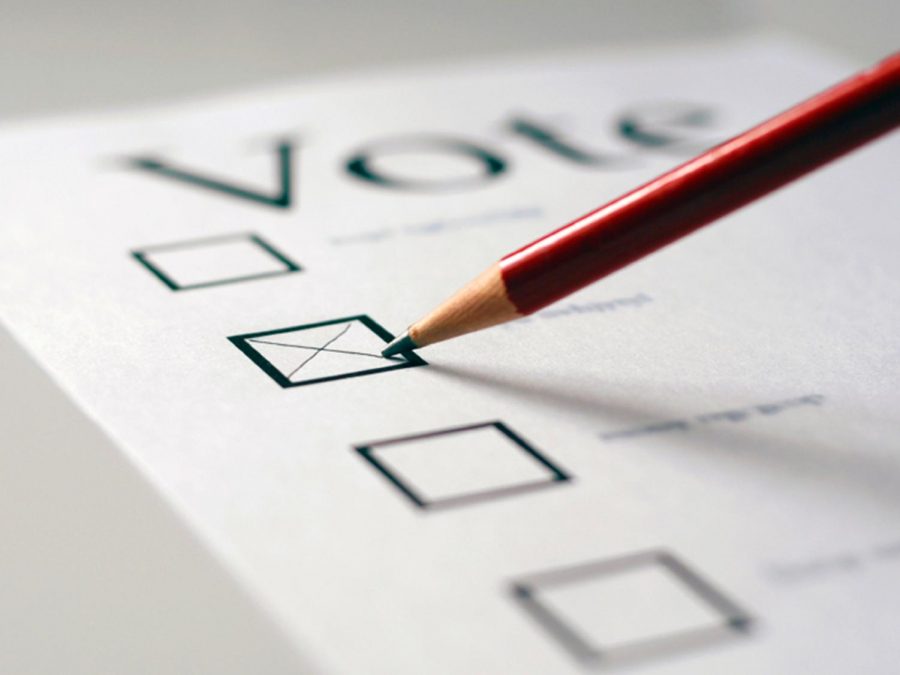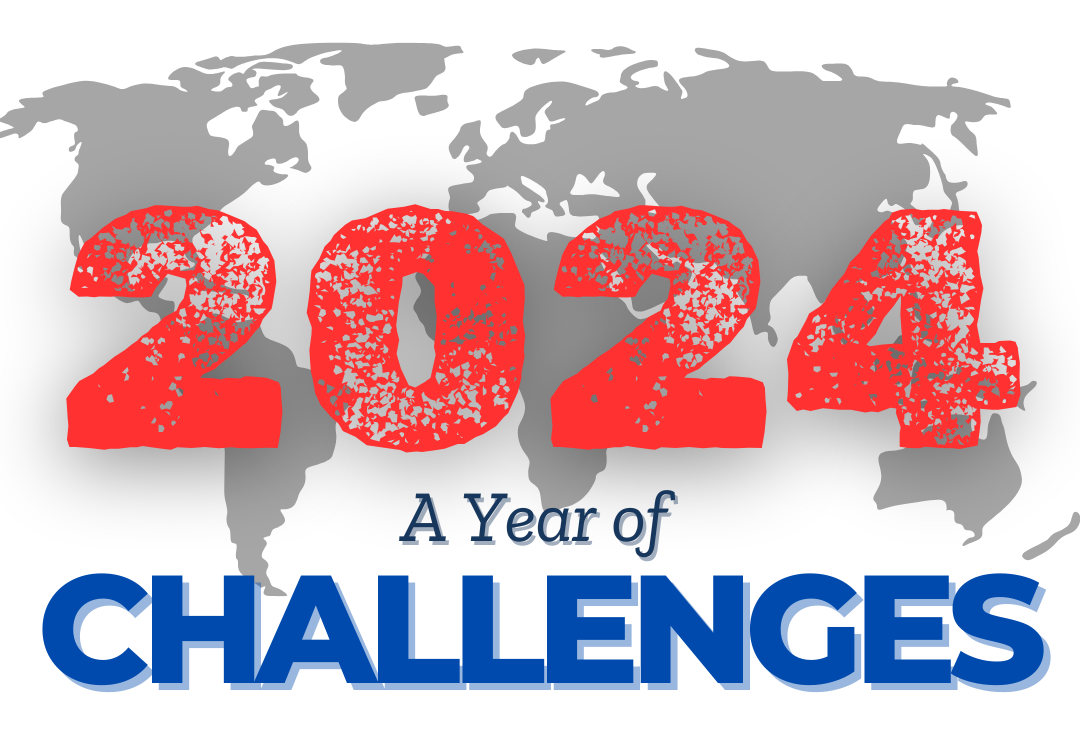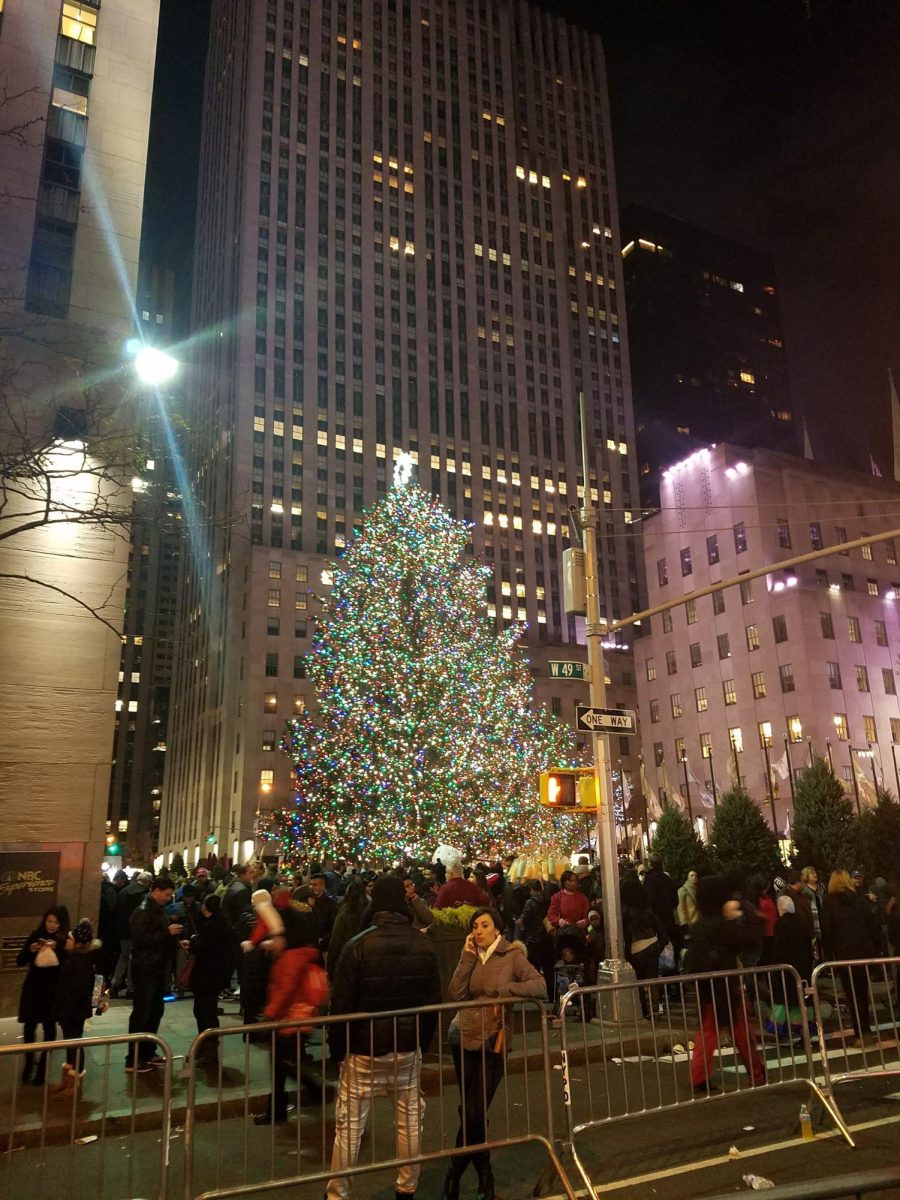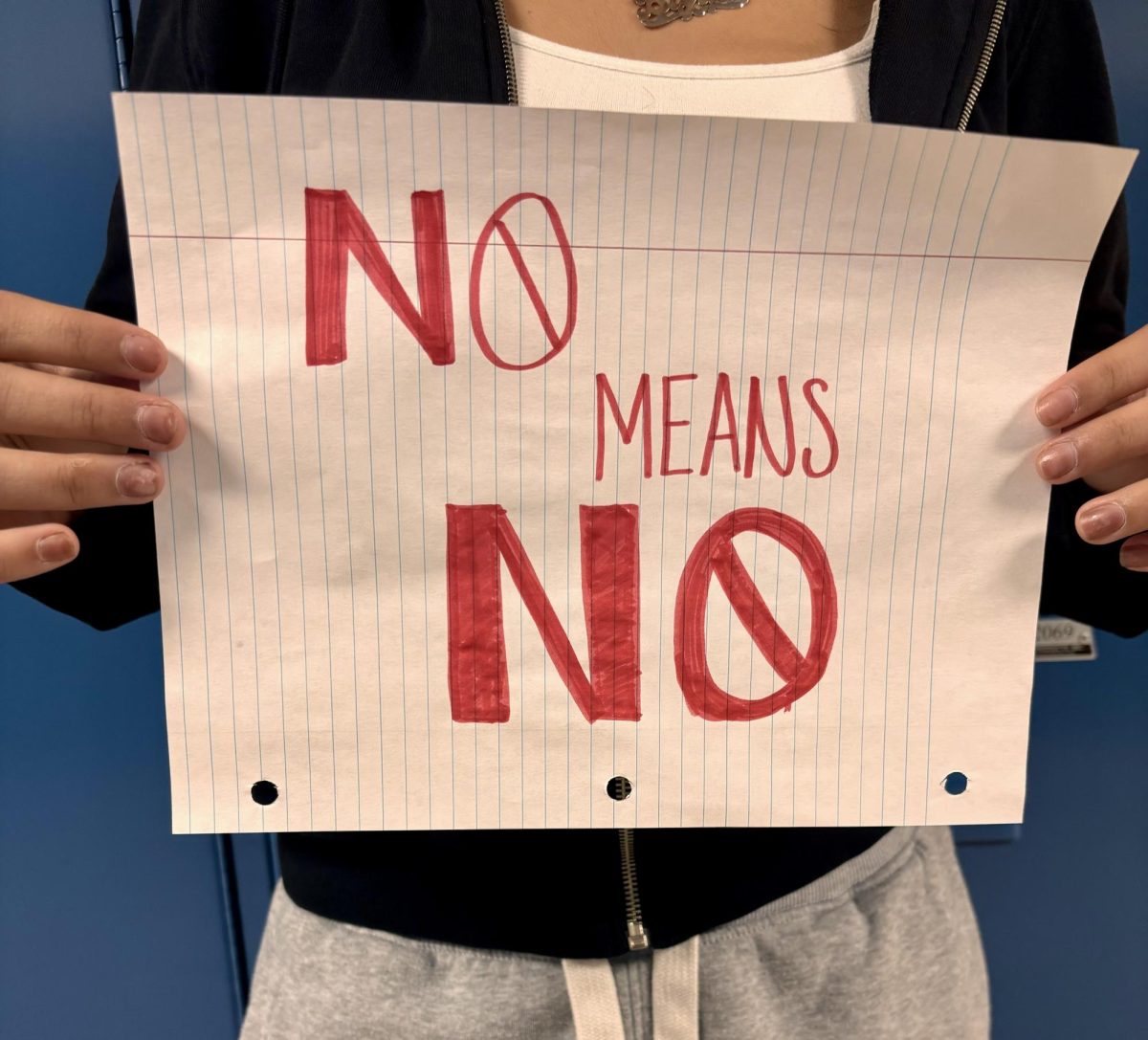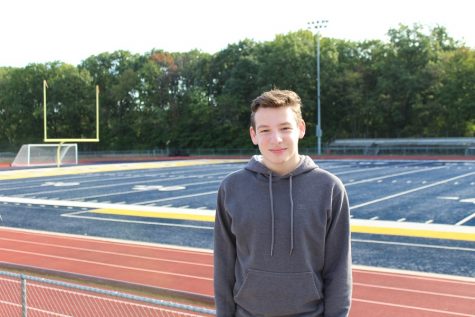It is no coincidence that five amendments to the U.S. Constitution pertain to the way in which Americans vote. One of the most basic liberties of citizens in a free society is suffrage. By electing leaders, citizens ensure that their interests are represented and their nation gets managed the way in which they want it to. Young adults ages 18 and up, through their vote, hold a great amount of power to influence their government and create change. What better time than now, with Election Day fast approaching, to exercise this very fundamental right.
According to Infoplease.com, On Tuesday, November 7th, approximately four million Americans will be eligible to vote for the very first time. The process of voting, while exciting, can at times be intimidating. Some may find themselves unaware of who to support and may doubt if their vote even matters. Due to the current political climate, and the negativity surrounding recent elections, some young voters may find themselves uninspired. This is completely understandable as it sometimes appears that just about nothing good is happening legislatively. Modern political deadlock has caused disastrous results in terms of youth interest.
In the 2016 Presidential Election, although authorized voters aged 18-29 made up 31% of the electorate according to NPR, only roughly 50% voted as stated by Civicyouth.org. PBS noted that this phenomenon is not isolated to just the youth demographic- the last midterm elections, held in 2014, saw the lowest amount of election turnout at a startling 36.4%.
Local elections, which traditionally take in significantly lower amounts of votes cast, are also at a record low. What those skipping out don’t understand is that indifference to civics only contributes to the problem of government inefficiency. At Colonia High School, Social Studies Honor Society President Shriya Bhatt is attempting to end this trend of disinterest amongst voting age students. Bhatt believes, “The voting rate is so low for teens because so many young adults are not updated and educated on current events. We need more teens involved in politics. We need to pique their interest in the future of our country. Their voices matter!”
There are many issues currently facing Woodbridge Township that young adults could weigh in on. Schools in the township are aging and need some improvements. Low funding for school districts has at times discouraged the creation of music programs, clubs and activities. Colonia can work harder to increase its eco- friendliness. Many complain about the town’s property tax rate, a concern that young adults will soon face in the future. Debate is ensuing over whether municipalities in New Jersey should become sanctuary cities for immigrants. This list of goes on and on.
In order to make real change, Mr. Biri, an American history teacher at CHS who holds a Bachelor of Arts degree in Political Science says, “I stress to students the importance of selecting individuals who are accountable, hard-working, service-oriented, and reliable. Students should be choosing individuals they look up to or admire. Most importantly, it shouldn’t be a popularity contest…”
These general rules can be applied to the most prominent race on the ballot this November- the Governorship. Because Incumbent Governor Chris Christie, a Republican cannot run for re-election due to term limits imposed by state law, voters will need to elect a new Governor in New Jersey. Hoping to succeed him is his Lieutenant Governor Kim Guadagno, also a Republican. Illustrated on KimforNJ.com, she supports lowering property taxes, enforcing stricter immigration policies, and expanding school choice. Democrat Phil Murphy, the former United States Ambassador to Germany is his party’s nominee to run against her. Murphy’s policy, found on his website Murphy4NJ.com, proposes increasing the minimum wage, making college more affordable, and decreasing school’s reliance on standardized testing.
Polls show that Christie’s unpopularity among New Jersey-ans has caused increased support for the Democratic ticket, but it still is anyone’s race. The powerful young adult demographic may just be a deciding factor. More information about both gubernatorial candidates can be found on their campaign websites. The Governor’s race is also seen as a litmus test of how New Jersey and other eastern states will vote in the all important 2018 Congressional elections.
A number of races are taking place on the local level, as well. For the Woodbridge town council, Wards 3 and 5 encompass the municipalities of Avenel and Colonia, respectively. In Ward 3, Republican Kevin J. Garcia is challenging incumbent Democrat Cory Spiller. In Ward 5, Republican Rocco Genova is challenging incumbent Democrat Debbie Meehan. Candidates can be contacted via phone or email, to hear about their positions on topics concerning the township.
Three of nine seats on the Woodbridge Township school board are also up for grabs. Incumbents Marie Anderson, Frank Dellapietro III, and Brian Molnar are facing newcomer Robert Grasser. The top three candidates who obtain the most votes will fill the three empty seats. Members of the Board of Education are in charge of determining educational policy as well as the distribution of school funding. Their work is arguably the most directly impactful to young adults out of all elected officials.
While local elections may not gain as much press coverage as statewide races, they are just, as if not more, important in terms of impact. Local politicians have the power to transform the town they serve. All progress starts at the grassroots. Electing one local legislator who shares your ideals might snowball into something much bigger. Even though voting is not a civic duty in the United States, it is a civic responsibility, and a task that should be undertaken if one wants to be represented.
In order for a democracy to work, citizens must participate. It’s normal to feel discouraged in a time of such intense political division- but that shouldn’t cause inaction. The only way to fix a broken system is to, well, un-break it. If an elected official isn’t doing what they promised- vote them out, and replace them with someone who will. Voting pressures elected officials to support causes that are in line with the majority interest. A rise in voter turnout could have astonishing effects on the way our local, state, and federal government is run.
As Franklin Roosevelt once famously said, “Nobody will ever deprive the American people of the right to vote except the American people themselves and the only way we can do this is by not voting.” By choosing to not cast a ballot, one’s voice remains silent. How can a democracy function if people do not have their voices heard? After all, the United States is supposed to be, “a nation of the people, by the people, for the people.” This Election Day- prove it!



